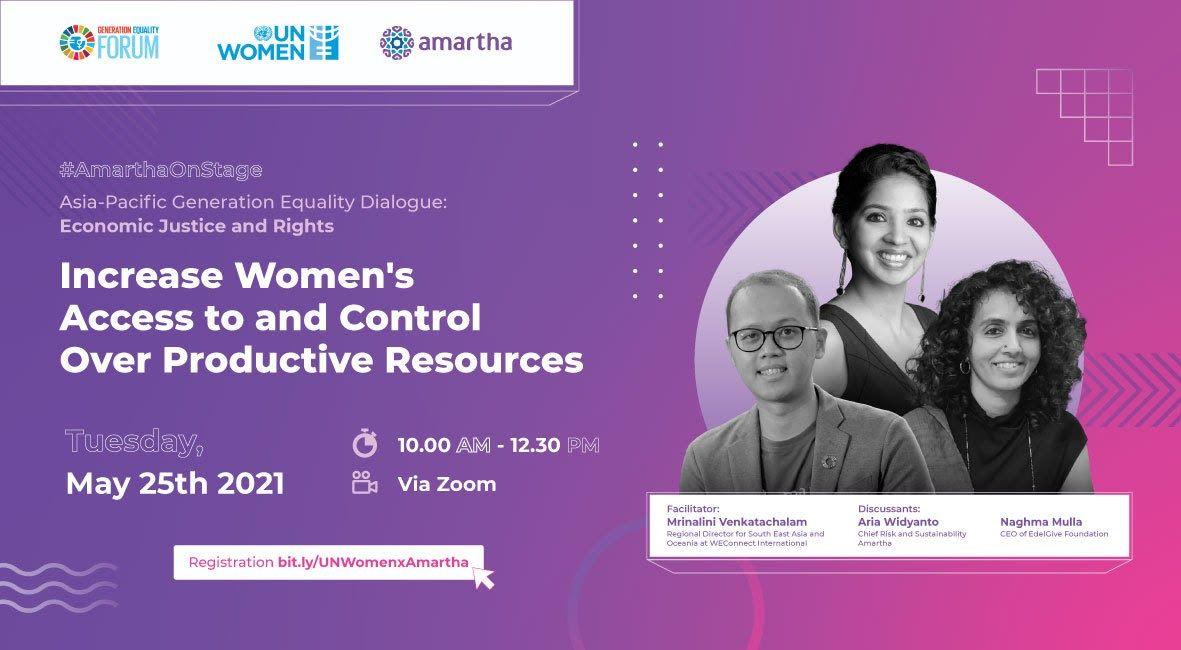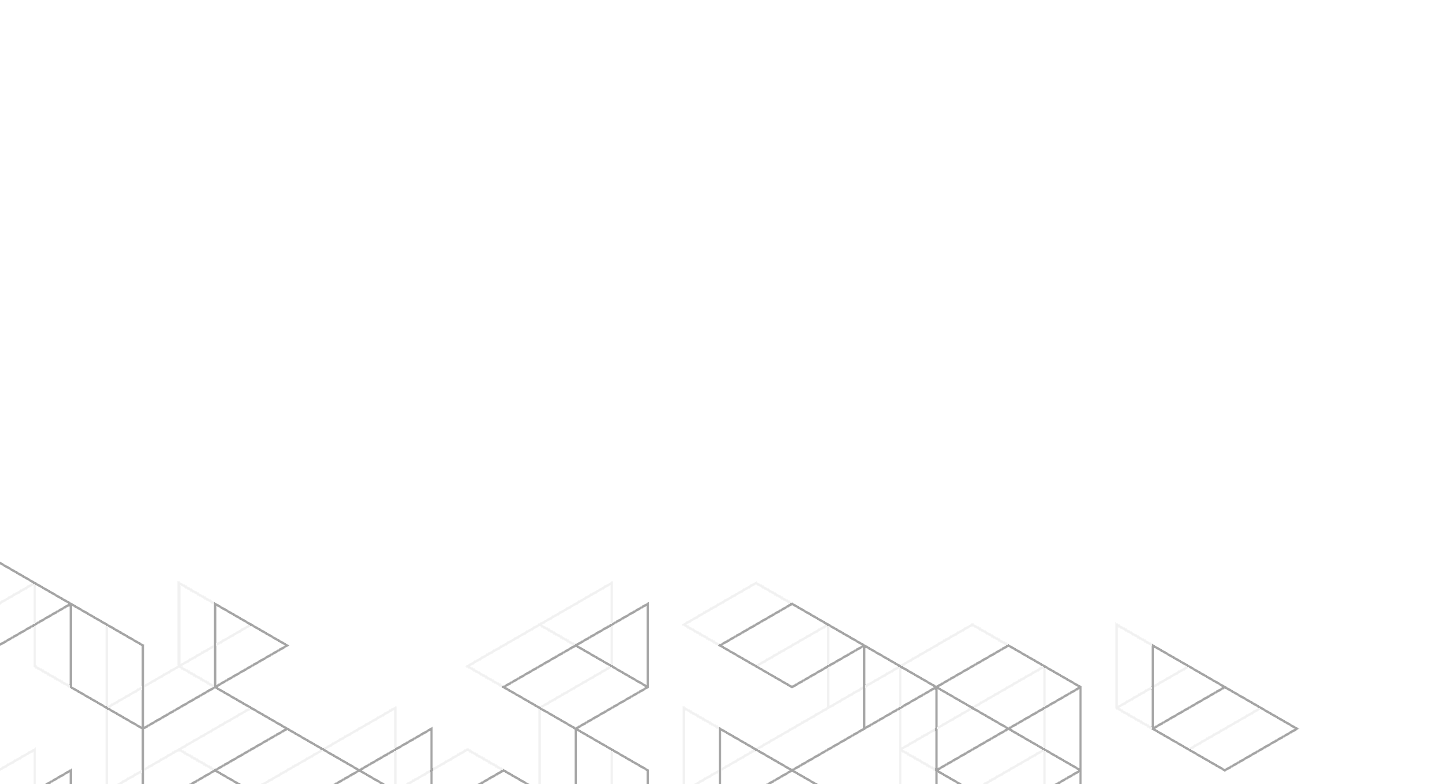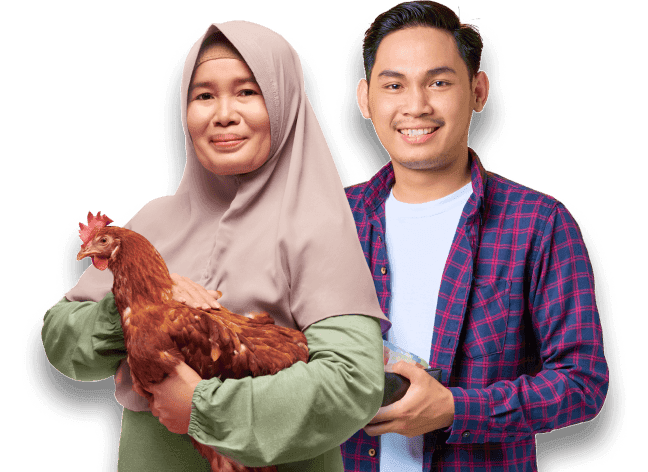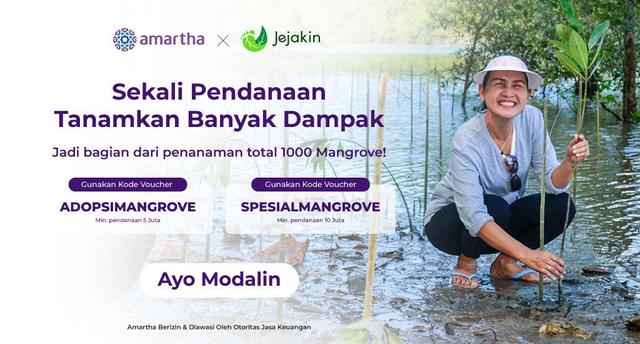

3 Tantangan Perempuan Dalam Mendapatkan Akses dan Kontrol Atas Sumber Daya Produktif
By Team Amartha Blog - 28 May 2021 - 3 min membaca
“Pada 2010, hanya ada 36% perempuan di Indonesia yang memiliki akses kredit atau modal kerja, oleh karena itu sebagai sektor swasta, sangat penting untuk melihat dan berkontribusi untuk mengurangi hambatan dan biaya yang diperlukan untuk menyalurkan akses modal kerja.” ujar Aria Widyanto, Chief Risk and Sustainability Officer Amartha dalam Asia-Pacific Generation Equality Dialogue: Economic Justice and Rights pada Selasa (25/05) lalu yang digelar secara daring oleh UN WOMEN.
Dalam fokus grup diskusi dengan tema “Increase Women’s Access to and Control Over Productive Resources”, ada tiga tantangan utama yang membuat perempuan sulit mendapatkan akses dan kontrol atas sumber daya produktif.
Pertama, akses kepemilikan tanah. Kedua, perempuan tidak dihitung dalam rantai nilai (value chains). Ketiga, terminologi dan proses teknologi perbankan.
Hasil riset menemukan fakta bahwa kepemilikan atas tanah terbukti membantu meningkatkan pendapatan perempuan di pedesaan lebih dari 30 persen. Namun akses untuk memiliki tanah umumnya masih dikuasai oleh laki-laki.
Selanjutnya, tidak dilibatkan dan dihitungnya perempuan dalam rantai nilai (value chains) terutama rantai nilai pengetahuan (knowledge value chains) terjadi tidak hanya kepada perempuan pengusaha mikro melainkan perempuan secara kolektif yang mana mewakili ekonomi pedesaan. Ketiadaan peran perempuan dalam rantai nilai ini harus membuat mereka menutup peluang mendapatkan pendapatan yang terstruktur.
Keterbatasannya akses pada pendidikan membuat perempuan di pedesaan kesulitan memahami terminologi dan proses teknologi perbankan. Dalam hal ini, perempuan membutuhkan kemampuan dan pemahaman seputar akses dan produk yang disesuaikan dengan mereka melalui komunikasi yang mudah dimengerti.
Sebagai perusahaan pemberdayaan perempuan, ketiga tantangan tersebut tengah diupayakan Amartha agar para perempuan bisa mendapatkan akses dan kontrol atas sumber daya yang produktif melalui penyaluran pendanaan disertai pendampingan dan edukasi kepada perempuan pengusaha mikro di Indonesia.
“Faktanya, 28 persen nasabah Amartha, adalah perempuan yang bertanggung jawab atas pengeluaran dan pemasukan keluarga. Apabila terjadi sesuatu pada mereka, secara keseluruhan, kondisi ekonomi keluarga ikut ambruk. Maka dari itu, Amartha tidak hanya menyediakan modal kerja tetapi juga pendampingan melalui petugas lapangan (field agent) yang bertugas memberikan edukasi keuangan dan pelatihan kewirausahaan bagi nasabah agar mereka mampu mengelola pendapatan, memiliki perencanaan keuangan yang tepat, dan mampu meningkatkan aset pribadi. Jadi mereka akan lebih tangguh.” jelas Aria.
Menjawab ketiga tantangan di atas, Mrinalini Venkatachalam selaku Regional for South East Asia and Oceania at WEConnect International sekaligus fasilitator merangkum dua rekomendasi yang dapat dijalankan guna mendorong peningkatan akses dan kontrol perempuan atas sumber daya produktif.
Pertama, meningkatkan akses ke perangkat digital seperti ponsel. Kegunaan ponsel di sini untuk membantu perempuan mendapatkan akses pinjaman keuangan, membangun kohesi sosial dengan perempuan lain di komunitasnya, dan menghubungkan mereka dengan sumber daya untuk meningkatkan keterampilan mereka. Agar dapat pemberdayaan perempuan, pendapatan, dan aset pribadi dapat meningkat, diperlukan pula literasi digital yang ramah istilah. Kedua, menciptakan koalisi sub-regional dengan sektor swasta, perwakilan pemerintah dan perwakilan non-profit.
Dialog pemberdayaan ekonomi perempuan ini menghadirkan para pemimpin Action Coalition, lembaga-lembaga di kawasan Asia-Pasifik dari sektor publik dan swasta, masyarakat sipil, dan PBB.
------------------
Rekaman:
Back when amartha was established in 2010, only 36% women in Indonesia had access to credit or working capital, that's why as a private sector it is very important to check in and contribute to access for reducing the barrier and reducing the cost of the expense required to access capital. Why we believe that access to working capital is very important to women especially built up for context in this room to generate or to accumulate personal assets distant. Once the element of legislation for legal framework is in place between particular country policies, then the next to do is to improve or to create capabilities of women to generate submission income for her sault so gradually she can accumulate savings and develop her personal assets which is very important to empowerment of herself. We see in indonesian market, 25/26 million people are still living a prosperous life, billing personal assets is critical especially for women who are fragile or approaching the poverty line when the shock happens like covid-19 pandemic. In fact, 28% amartha customer, she is the one who is responsible about financial the whole expenses of the family. And when something happens to this women and the overall the economic condition of the family will collaps and then thats why thats providing working capital also deploys field officer to provide financial education and entrepreneurship training for our women customer. So they are able to manage their income they do have proper financial planning and more precisely to step up building their personal assets. So they will be more resilient. One year after they join amartha, can generate more income raise up to 200%-700% additional income,
12:00:13 So, one of the key things that came up again and again was the fact that access to land is a bad idea for many women, especially in rural economies, and the fact that access to land helps increase income of rural women by over, 30%.
12:00:32 This can be adaptive access and the gender norms that prevented can then prevent access to the financial support that they need to boost their livelihoods.
12:00:43 And this is something a key element that needs to be addressed at the earliest.
12:00:48 And one of the suggestions was through flexible financial mechanisms that are transparent and therefore can combat these challenges.
12:00:58 Another key topic that came up in discussions with the fact that many women are not counted in value chains especially knowledge value chains, and as a key area gap with this exists is for micro entrepreneurs, but also the Collective's that represent
12:01:18 present in the rural economy. So, one of the key outcomes that we would like to see is more procurement needs that include women in value chains, which provides them with representation, and the ability to grow their businesses through structured income
12:01:38 opportunities.
12:01:41 Another key challenge that was highlighted was banking tech terminology and processes, and the fact that it can be unnecessarily complicated, and therefore hinder access for women who may not understand these processes or how to access them.
12:01:59 It is also extremely vital to understand women's specific needs, around access and tailor products to them, which does exist, but there is not enough communication of how that how they can then access that in the easiest manner possible.
12:02:18 So, making all of, you know, the archaic systems within banking more women send me and simplify those processes so that they can access finance in a structured manner.
12:02:31 So the other thing was that there is a lot of information out there about it is it's currently being issued in silos, more collaboration between organizations and institutions, and to work together to scale up and build on existing initiatives is necessary
12:02:50 because I, you know like, as a working in silos they could be reinventing the wheel and the information is coming out in a fragmented way to the beneficiary groups.
12:03:02 So, another key topic that came up again and again was the discrepancy between, you know agenda budgeting and the fact that there are many initiatives as our agenda but but budgeting, but that that is a gap in the implementation monitoring and evaluation,
12:03:20 and that there is a lack of accountability.
12:03:23 And, you know, that this needs to be worked on urgently. In order to help, especially those impacted by the pandemic grow.
12:03:34 So, a key recommendation that came out of our group was access to digital devices, and the digital economy, especially mobile connectivity, which is a game changer because it cuts across geographical borders.
12:03:50 So this can help women access, you know, family, finance and financial loans and connect them with financial services in the market we had a few representation of individuals who are making that a reality across the region.
12:04:06 And this is one of the technology, they feel is absolutely key in helping women owned businesses grow.
12:04:13 And it also provides them with learning opportunities, access to free resources that can help them up skill, as well as building a network and social cohesion with other women in similar situations in communities across the region, financial literacy
12:04:30 and access can be promoted in tandem with digital literacy, to increase the empowerment income opportunities and personal assets.
12:04:41 As we spoke of earlier.
12:04:43 One of the things that we felt was that there needs to be more accountability and more collaboration. So, what we see as a key recommendation is to create a sub regional coalition with both private sector government representatives, nonprofit representatives
12:05:00 collectives, and the United Nations.
12:05:08 Thank you very much, that was game changing in those solutions I think just as the other groups, much appreciated.
Artikel Terbaru
Artikel Sebelumnya
Artikel Selanjutnya
Artikel Terkait
Ada pertanyaan seputar artikel di blog Amartha? atau ingin mengirimkan artikel terbaik kamu untuk di publish di blog Amartha?
Hubungi Kami SEKARANG





